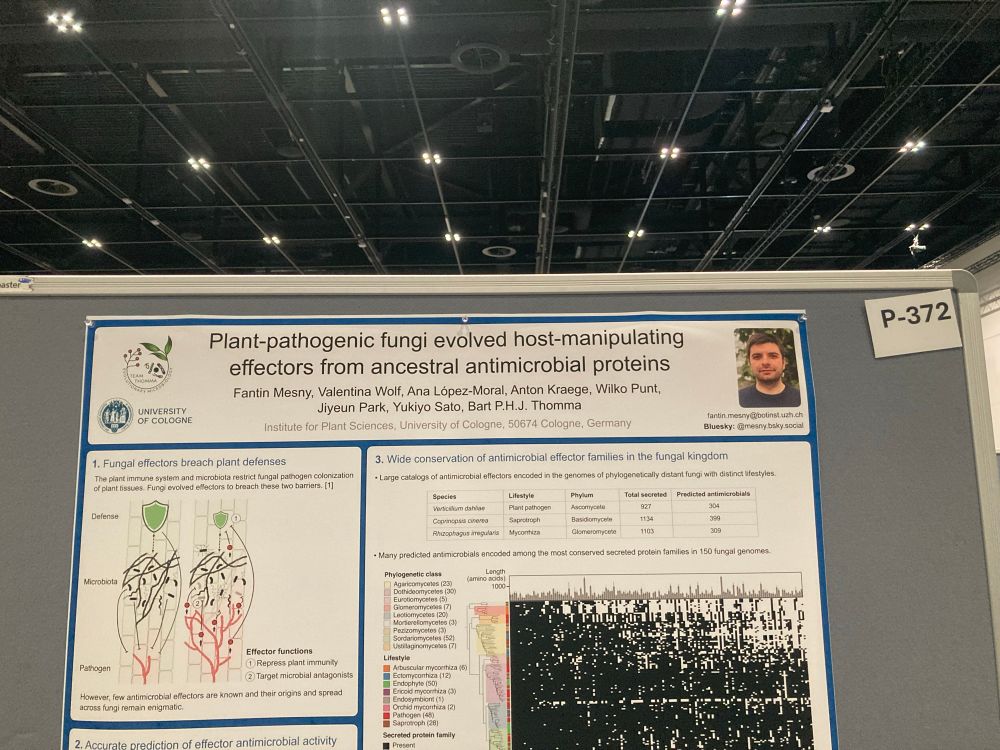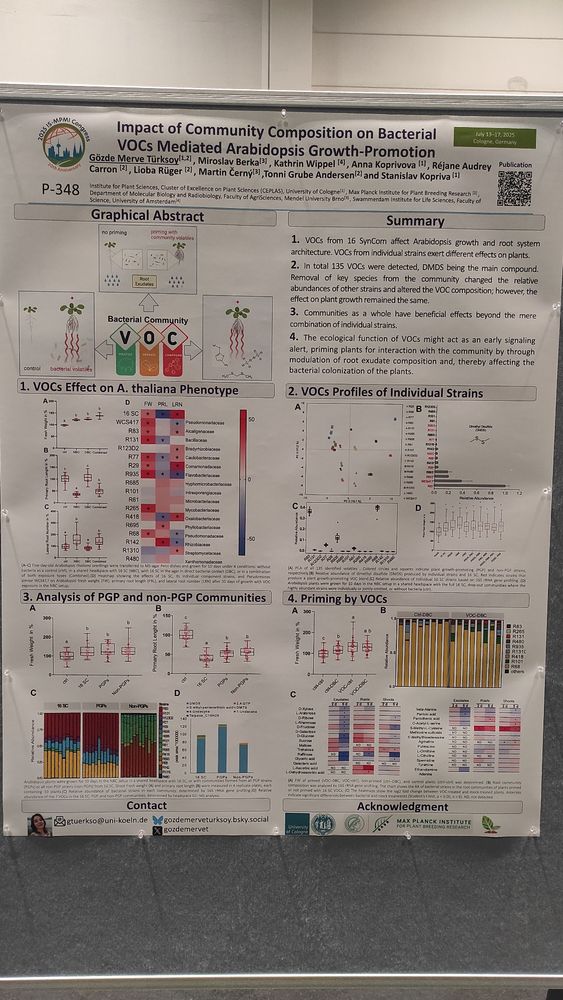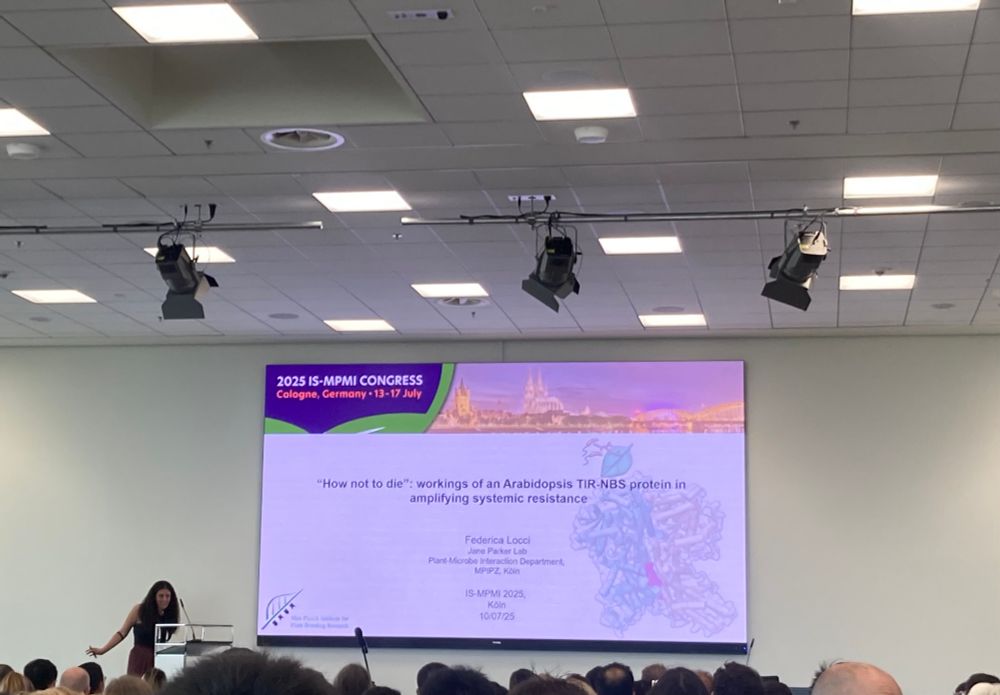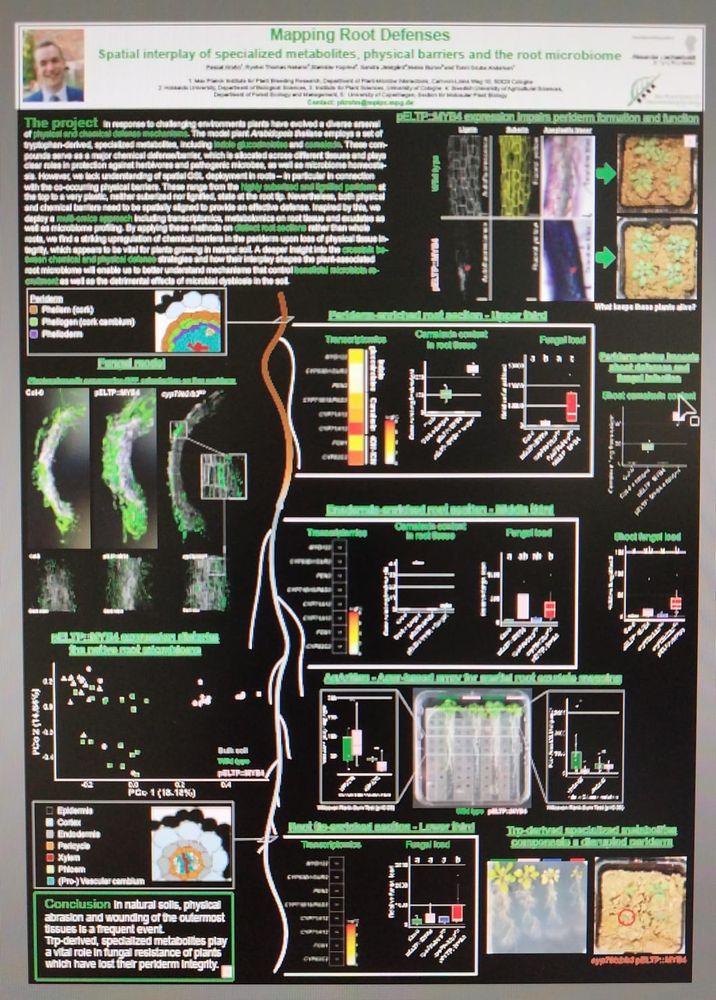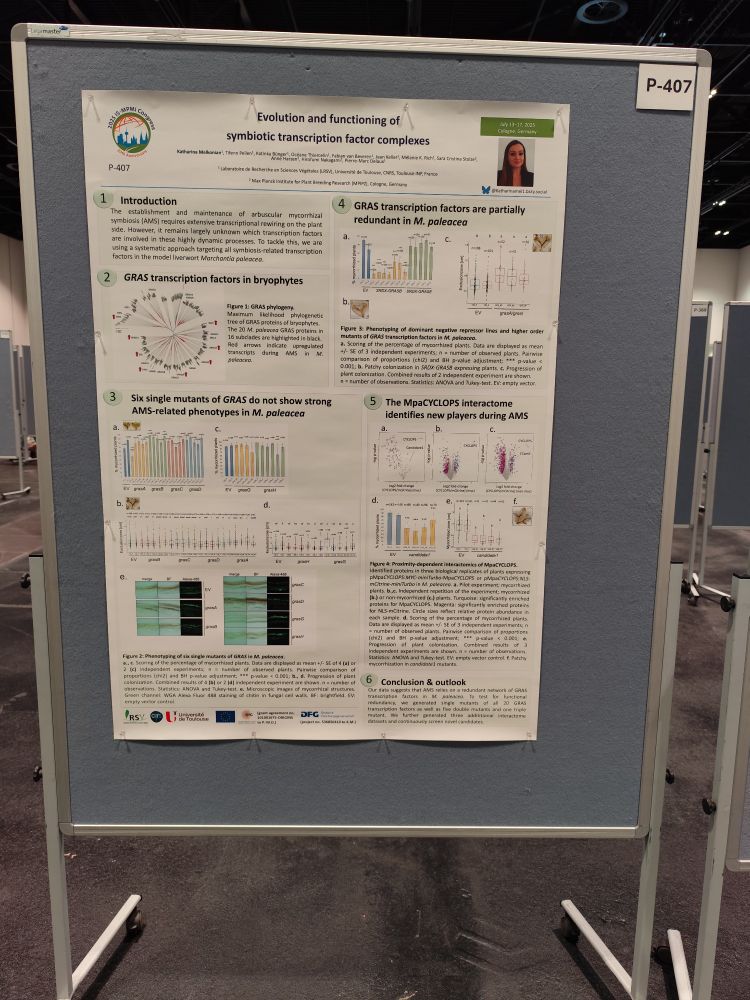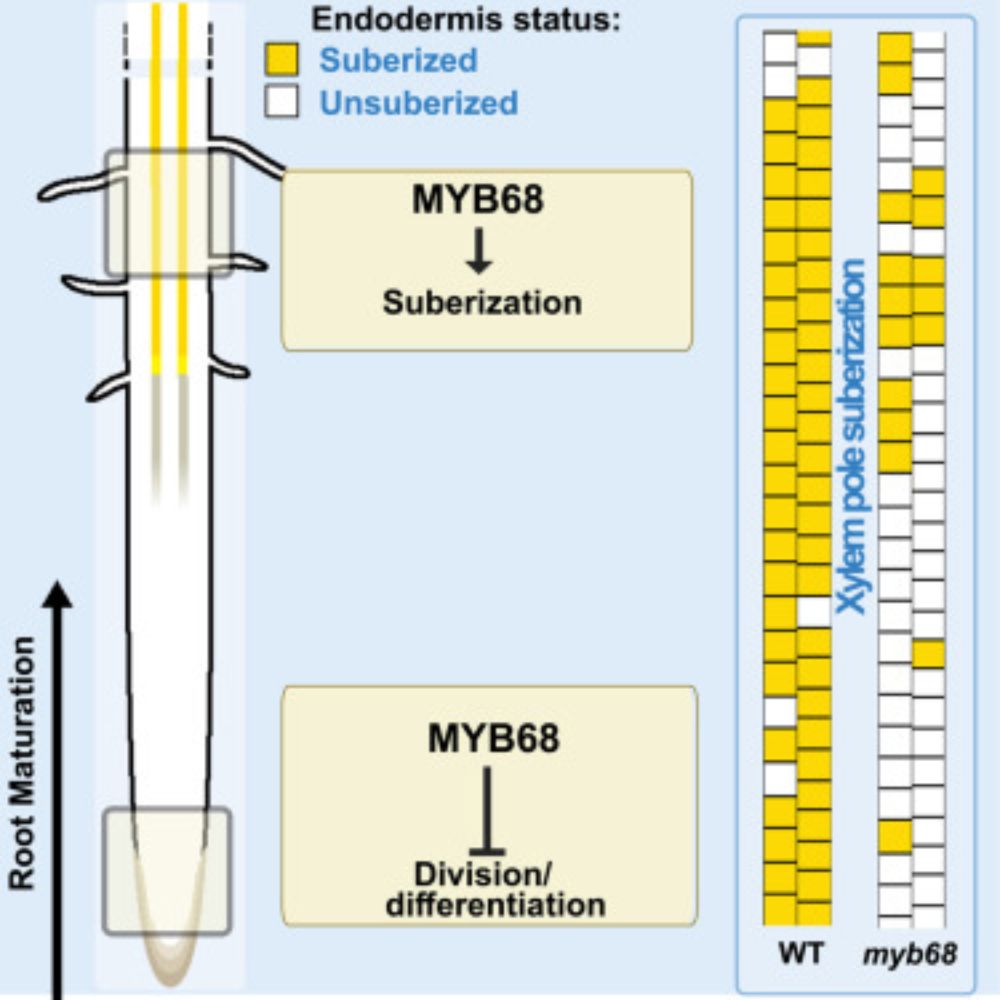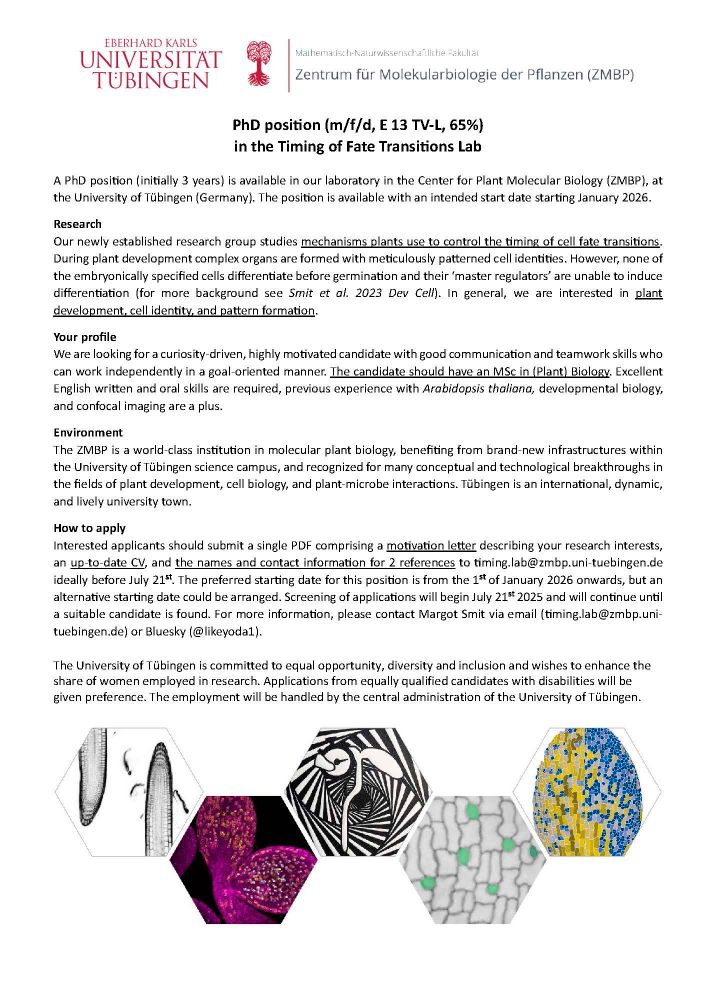Stephan Wagner
@stephanwagner.bsky.social
220 followers
240 following
14 posts
Lecturer for microscopy 🔬 @UniBonn with key interests in biosensors and redox biology. 🌱 scientist. 🚲 lover.
Posts
Media
Videos
Starter Packs
Reposted by Stephan Wagner
Reposted by Stephan Wagner
Reposted by Stephan Wagner
Lara Van Dijck
@laravdijck.bsky.social
· Aug 21

Cooperation between a root fungal endophyte and host‐derived coumarin scopoletin mediates Arabidopsis iron nutrition
Iron acquisition is a critical challenge for plants, especially in iron-deficient soils. Recent research underscores the importance of root-exuded coumarins in modulating the root microbiome communi.....
doi.org
Reposted by Stephan Wagner
Reposted by Stephan Wagner
Reposted by Stephan Wagner
Reposted by Stephan Wagner
Reposted by Stephan Wagner
Team_Zuccaro
@algazuccaro.bsky.social
· Jul 14
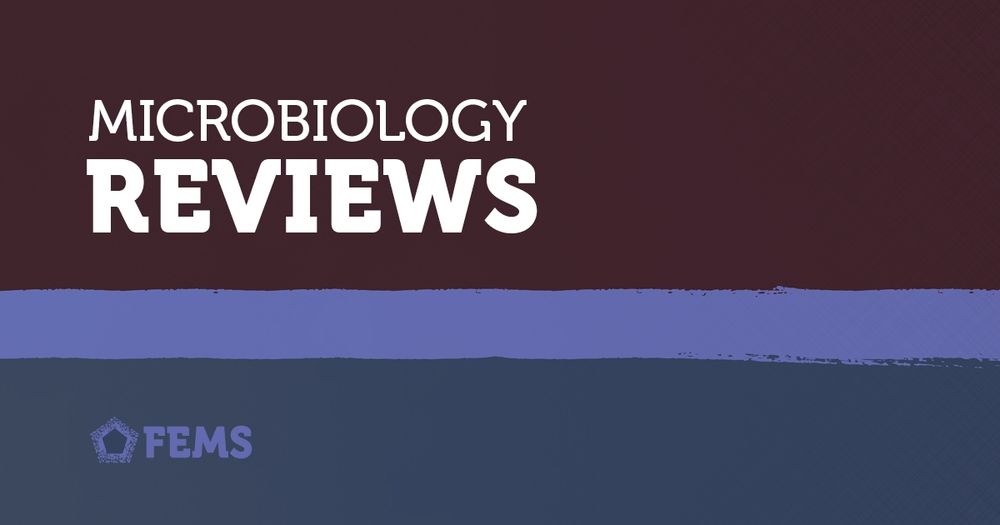
Purine-Based Infochemicals and Immunometabolites: A Comparative Review of Emerging Signaling Pathways in Plants and Animals
Abstract. Purine-based metabolites serve as essential mediators of signaling, immunity, and host-microbe interactions across biological kingdoms. This revi
academic.oup.com
Reposted by Stephan Wagner
Lara Van Dijck
@laravdijck.bsky.social
· Jul 14
Reposted by Stephan Wagner
Reposted by Stephan Wagner
Reposted by Stephan Wagner
Reposted by Stephan Wagner
Reposted by Stephan Wagner
Stephan Wagner
@stephanwagner.bsky.social
· Jun 17
Reposted by Stephan Wagner
Reposted by Stephan Wagner
Reposted by Stephan Wagner






